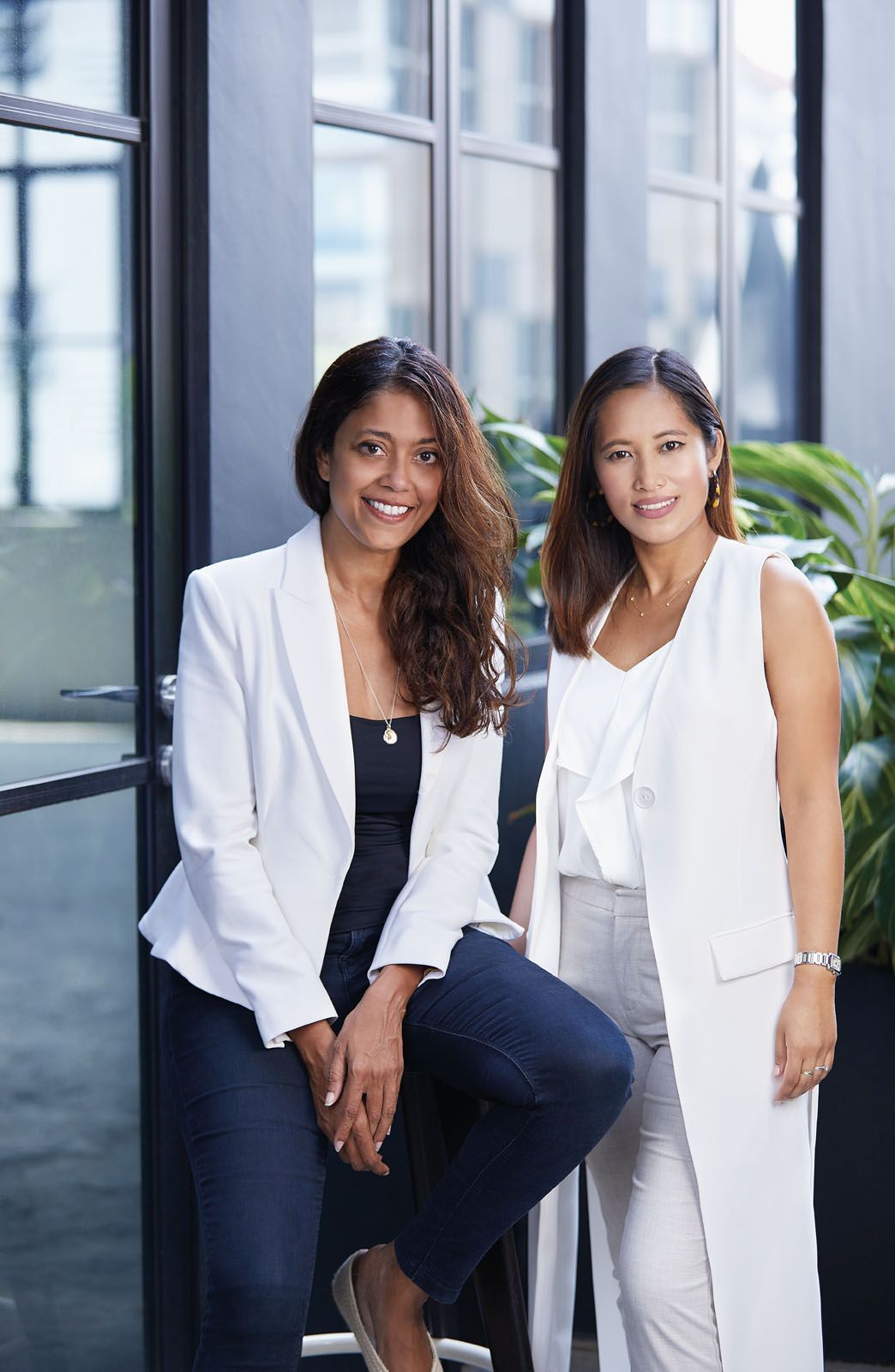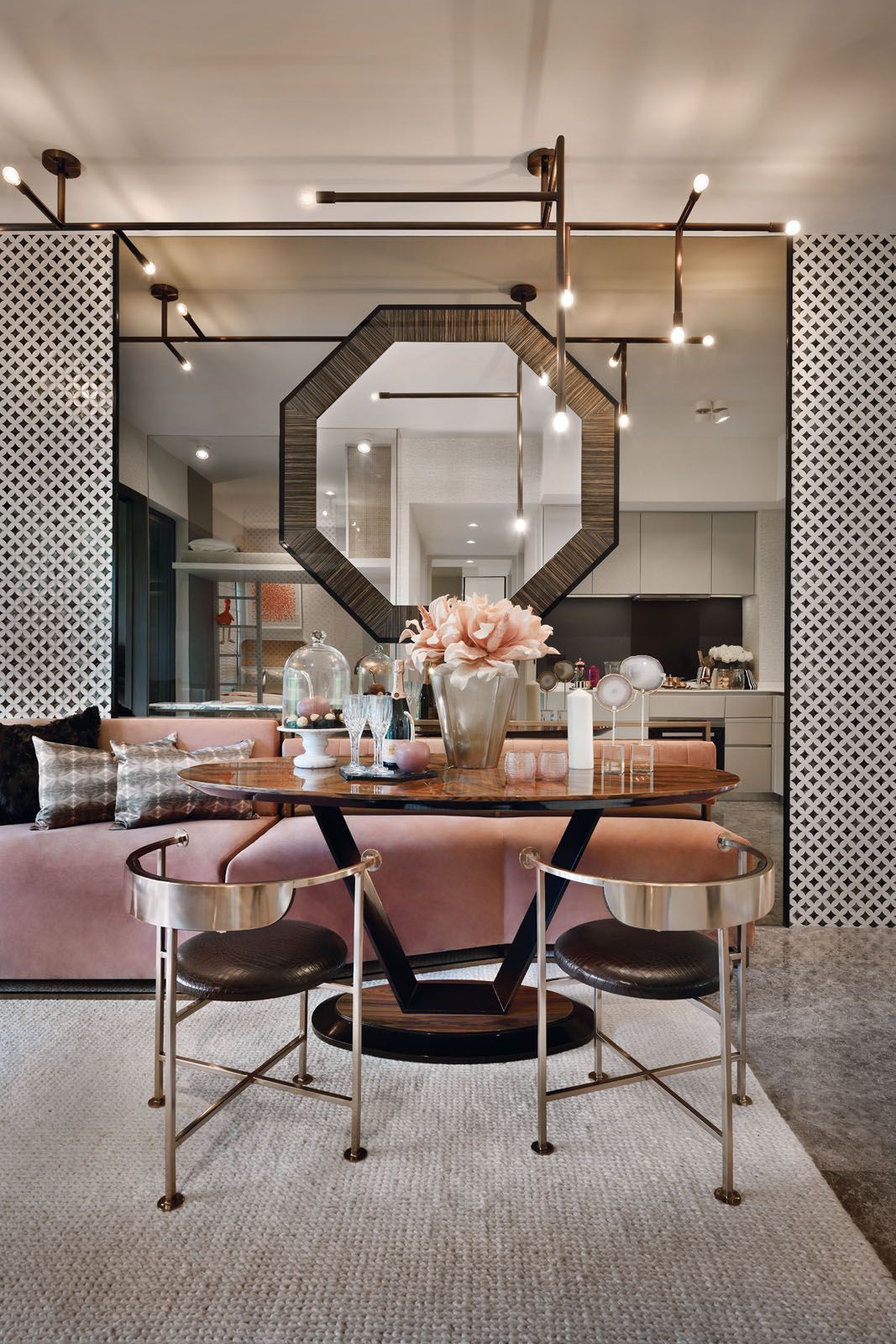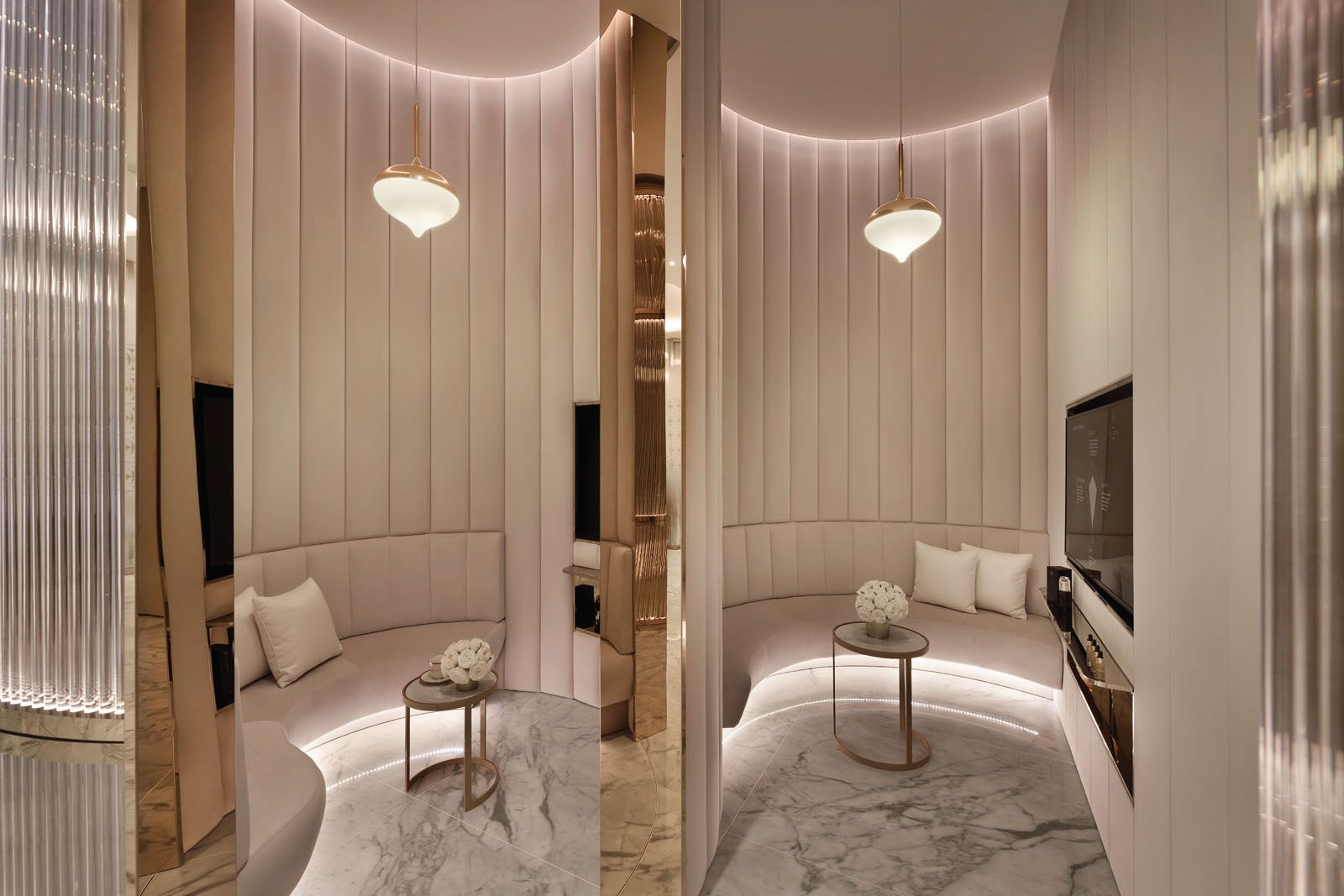The I.D. Dept takes a bespoke approach to create memorable interiors with diverse design styles
Designing a beautiful space is no easy feat; crafting a holistic interior that’s both liveable and luxurious takes the challenge to the next level. “I think design can be very adventurous and glamorous, but there’s also a very practical side to it,” shares Divya Anthony. “At the end of the day, we’re designing for real people who are going to use that space and see it every day.”
That mix of practical knowledge and design flair has led to the success of The I.D. Dept, helmed by the firm’s creative directors and owners Divya Anthony and Jennifer Murray. “We embrace all design styles and we work with high-end residential clients and property developers,” says Murray. “We’re interior designers who push boundaries and want to try something different.”
In over two decades since its founding, the local design practice has created exquisite abodes for celebrities and the jet-set in Singapore and beyond. They're the creative minds behind a slew of award-winning homes, including projects that scooped up accolades at the Tatler Design Awards.
Here, the designers discuss their creative dynamics and the attributes that make the firm’s winning formula so successful:

What inspired your decision to become an interior designer?
Divya Anthony (DA) My family used to run a home furnishings and accessories store in the nineties; I grew up with that design background. I’ve been doing hospitality design for 15 years, focusing on soft furnishings and interior decoration, so residential design was the next stepping stone. Homes are very personal; it’s not about what we like as designers but more about how we design the interior around each client’s lifestyle.
Jennifer Murray (JM) I was trained as an architect; I have a degree from the Royal Institute of British Architects. The reason why I moved into interiors was because I felt that it was more detailed. The time frame of projects is also shorter so you can really see the outcome of each project and you think about the finer details. It’s been exciting to work with residential clients; I quite like that personal tone that it brings into the design elements. Every homeowner we work with is so different and unique with their requests and style.
How would you describe your creative dynamics?
JM I think it’s really good that we don’t have exactly the same skill sets, so we see things from different perspectives. We have to keep challenging each other and think about the best design outcome for each project. With our knowledge in residential design, we can help developers create homes for real people.

